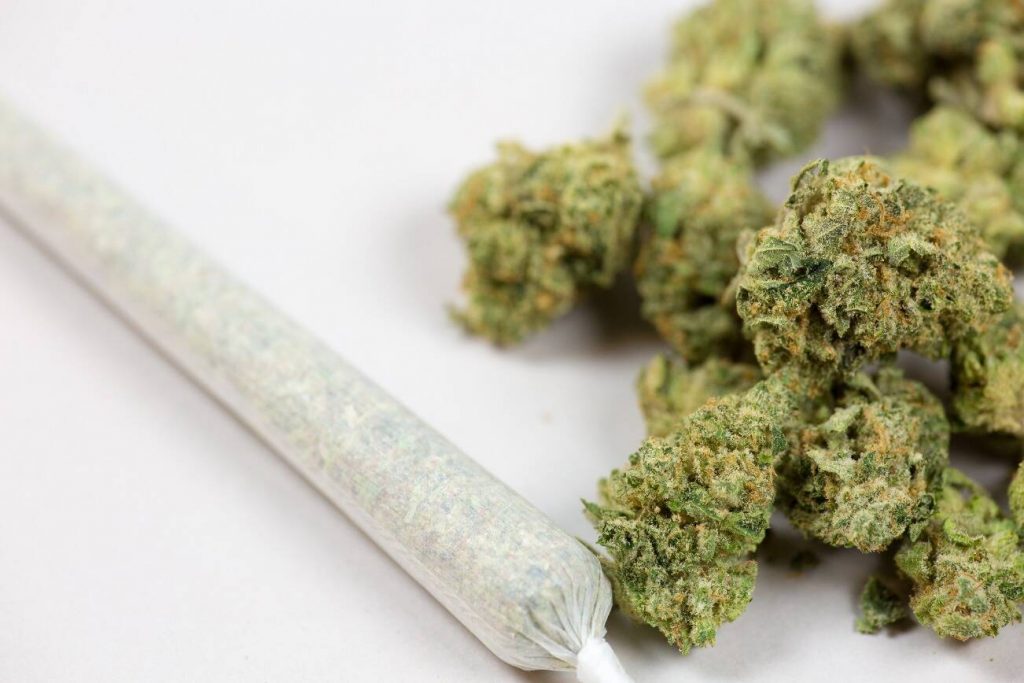THCa tetrahydrocannabinolic acid flower represents an intriguing and increasingly popular option for those seeking the therapeutic benefits of cannabis without the psychoactive effects associated with THC tetrahydrocannabinol. Unlike THC, which is well-known for inducing the characteristic high associated with cannabis use, THCa is the non-psychoactive precursor to THC. When cannabis is in its raw form, the THCa present in the plant is not psychoactive. However, when exposed to heat, such as through smoking, vaping, or cooking, THCa converts into THC, triggering the psychoactive effects. This distinct chemical property makes THCa flower a compelling choice for individuals who desire relief from various ailments without experiencing the high. One of the primary reasons people turn to THCa flower is for its potential anti-inflammatory and analgesic properties. Inflammation is at the root of many chronic conditions, including arthritis, autoimmune diseases, and even some neurological disorders.

THCa is believed to interact with the endocannabinoid system ECS in a way that helps modulate inflammation, reducing pain and discomfort in the process. This makes it a natural alternative for individuals who might otherwise rely on traditional pain medications, which can come with a host of side effects and the risk of dependency. Beyond its anti-inflammatory effects, thca bulk flower is also being studied for its potential neuroprotective properties. Preliminary research suggests that THCa may help protect brain cells from oxidative stress and inflammation, two key factors that contribute to neurodegenerative diseases like Alzheimer’s and Parkinson’s. For individuals looking for ways to support long-term brain health, THCa flower offers a natural, plant-based option that aligns with the growing interest in preventative wellness. Another significant advantage of THCa flower is its potential as an anti-emetic and appetite stimulant. These properties can be particularly beneficial for individuals undergoing treatments such as chemotherapy, which often results in nausea and loss of appetite.
By using THCa flower, patients may find relief from these debilitating side effects without the additional challenge of dealing with psychoactive experiences that could interfere with their daily activities. Additionally, THCa is being explored for its potential benefits in mental health. Unlike THC, which can sometimes exacerbate anxiety or paranoia, THCa does not produce these effects. Some users report that THCa flower helps alleviate symptoms of anxiety and depression without the mind-altering effects of THC. This could make THCa a valuable option for individuals seeking a natural way to manage mental health conditions while maintaining full cognitive clarity. The natural, non-psychoactive properties of THCa flower make it an appealing option for a wide range of individuals. Whether you are seeking relief from chronic pain, looking to support your neurological health, or managing nausea and appetite loss, THCa flower offers a path to relief without the high. As research continues to uncover the potential benefits of THCa, it is likely that more people will turn to this natural alternative for its therapeutic properties. With its ability to provide targeted relief without altering consciousness, THCa flower is poised to become an essential component of holistic wellness routines.
